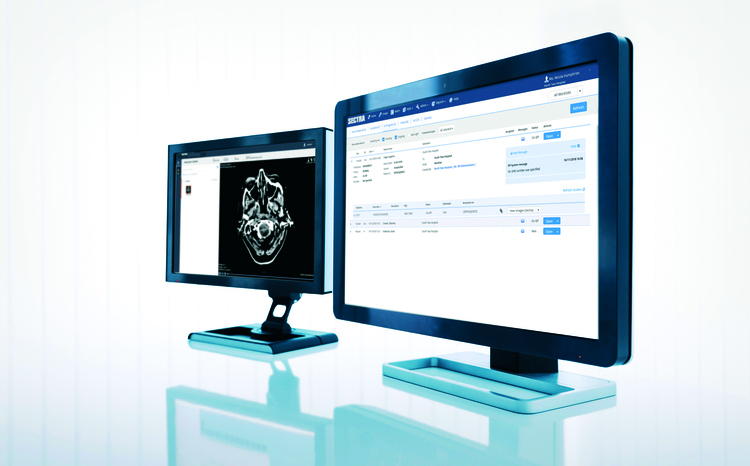£35m for cancer imaging centres
- 24 October 2013

Four cancer imaging centres in the UK are to receive £35m to develop cutting-edge imaging technologies for basic and clinical cancer research.
The money comes from a new joint initiative by Cancer Research UK and the Engineering and Physical Sciences Research Council to fund world-class research in cancer imaging. The £35m will be spread over five years, and builds on an initial investment of £50 million in October 2008.
The centres to benefit are; the University of Oxford; the Institute of Cancer Research in London; a centre run jointly by King’s College, London and University College, London; and a new joint centre based at the University of Cambridge and the University of Manchester.
Scientists, engineers and clinicians will work together to develop new imaging techniques and applications to discover more about how tumours feed and grow and the environment surrounding tumours and molecular and genetic signatures.
The research will use a variety of imaging technologies, including optical microscopy, magnetic resonance imaging, functional MRI, ultrasound, and Positron Emission Tomography.
Dr Iain Foulkes, Cancer Research UK’s executive director of strategy and research funding, said imaging is an invaluable tool in the fight against cancer.
"Being able to see what’s happening inside a patient is vitally important in understanding how treatments are working and the best ways to improve them,” he added.
The four centres will focus on different areas of research. The centre in Cambridge and Manchester will combine translational research and clinical trials with state-of-the-art imaging, genomics and pre-clinical research.
The Oxford centre aims to integrate basic research in chemistry, physics and cancer biology with imaging science to guide treatment choices for cancer patients.
The centre at KCL and UCL will combine technological development with genomics expertise and clinical trials, and provide access to the first clinical simultaneous PET-MRI facility in the UK.
The centre at the Institute of Cancer Research in London will work on developing personalised medicine for each individual patient. New imaging techniques, such as identifying an imaging “fingerprint” of aggressive disease, will help establish which tumours have the greatest risk of progression.




